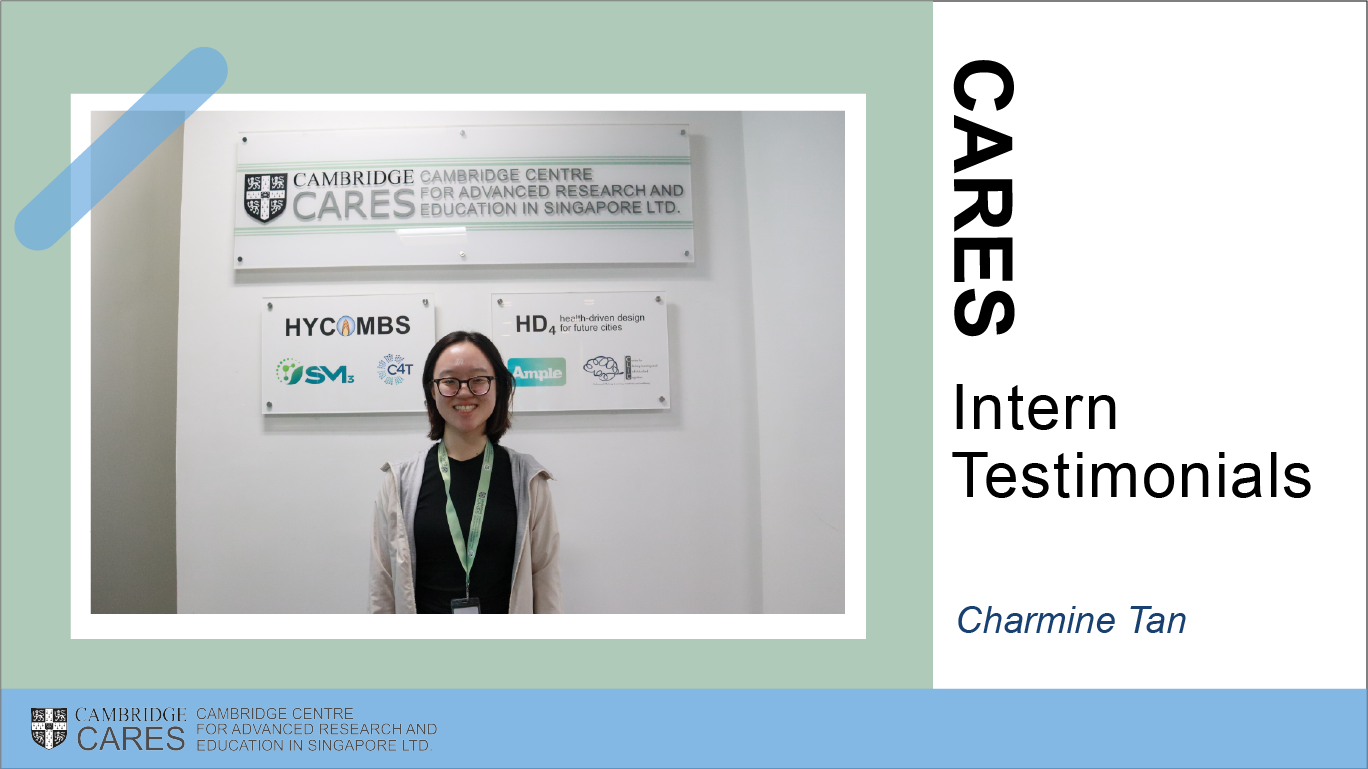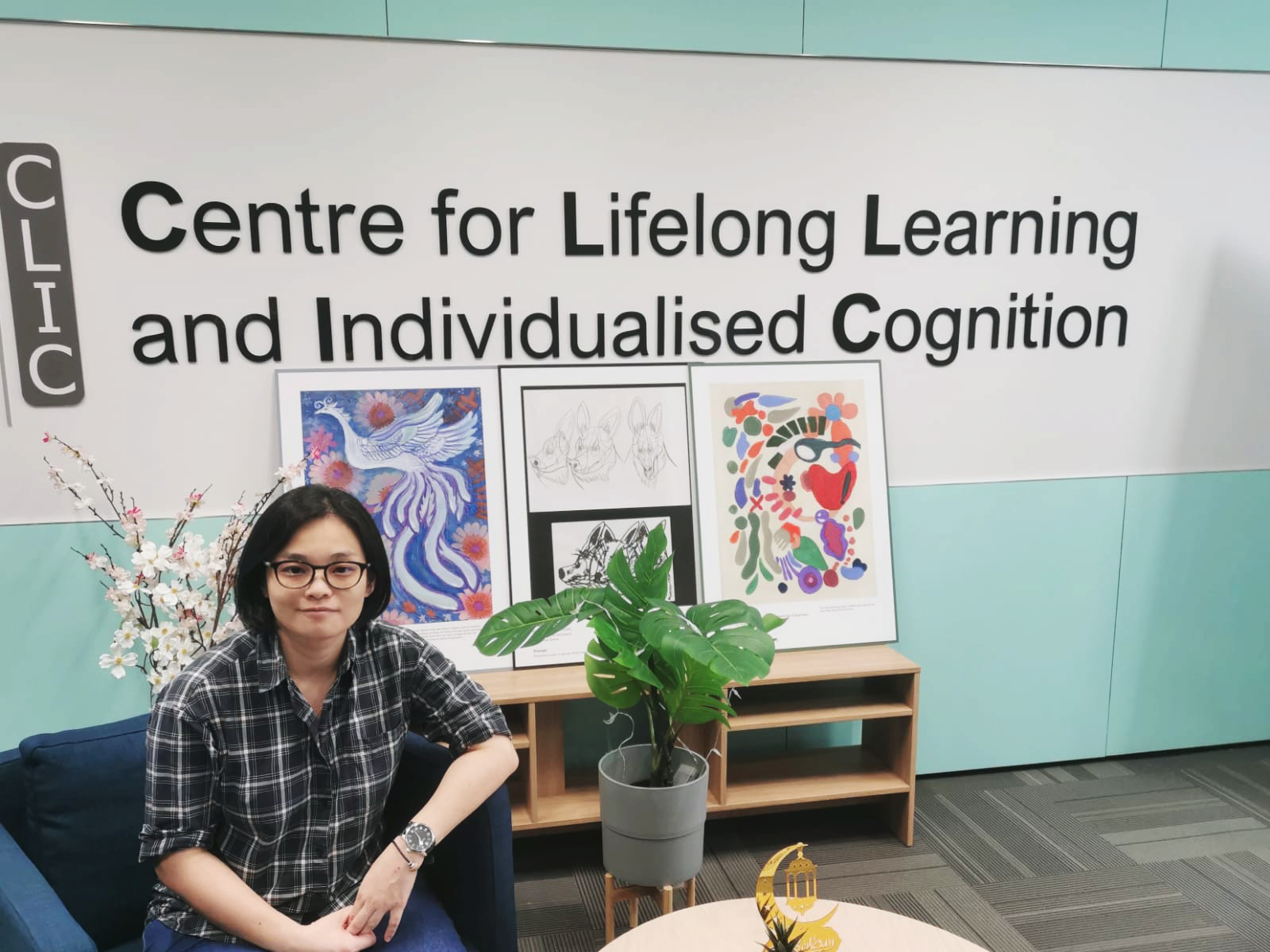Prof Frank Marken (University of Bath) and Dr Adrian Fisher (University of Cambridge) ran a successful 2-day programme of advanced lecturers, seminars and hand-on experiments for industrialists and scientists wanting to expand their knowledge of analytical electrochemical methods for their research or industrial applications.
The Advanced Electrochemical Techniques Programme (AETP), was hosted by the Cambridge Centre for Carbon Reduction in Chemical Technology (C4T), situated on the Campus for Research Excellence and Technological Enterprise (CREATE). The 2016 course was attended by local industrialists, researchers from Singapore, Thailand, Vietnam, C4T researchers from the UK and instrument manufacturer Metrohm.
The objective of the course was to provide advanced lectures, seminars and hands on experiments for industrialists and scientists who use or wish to use analytical electrochemical methods for their research or industrial applications. A strong emphasis of the course was the use of small group teaching methods, supported by Cambridge University, Singapore and CREATE collaborator academics to train participants in the use of ‘state-of-the-art’ electrochemical techniques.
A key element of the course was the question and answer sessions that follow each session of the programme. Delegates were able to explore the complex concepts introduced in the lectures with the course director and tutors to maximize the learning experience. All delegates were given the opportunity to gain first hand experience in operating the latest electrochemical analysis equipment and software. Working in small groups the delegates carried out a series of experimental and analysis measurements to support and enhance the material covered within the lectures.
Advanced Electrochemical Techniques Programme 2016 Highlights
The programme began on the 7th July a series of introductory lectures from Prof. Frank Marken (University of Bath) and Dr Adrian Fisher (University of Cambridge) on the fundamentals of electrochemistry. Topics covered included key principles and controlling processes that govern electrochemical reactions, with a focus on electron transfer theory, mass transport (diffusion, convection, migration), coupled chemical reaction mechanisms & solid state electrochemistry.
The afternoon was dedicated to hands on training sessions orientating delegates to the essential aspects of good experimental design and advanced analysis. Delegates worked in the recently opened electroctrochemical laboratories within the CREATE campus, using the state of the art facilities available within the facilities.
Day two was dedicated to advanced electroanalysis using impedance approaches and was hosted by Methrohm at the CREATE campus. We would like to thank Methrohm, who provided staff support from their European and Singapore bases, as well instruments, software and hardware training session.


